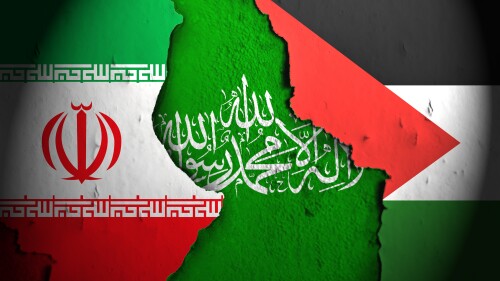Daniel Pipes, president of the Middle East Forum and a former official in the U.S. departments of State and Defense, briefed the Middle East Forum in a conference call on June 16, 2014.
- Iranian influence over the Iraqi government: Shiite Prime Minister Nouri Maliki’s oppression of Sunnis set the stage for the vastly outnumbered ISIS militia to take Mosul with little resistance from Iraqi government forces, bringing the Sunni-Shiite conflict to a new height.
- Dissolution of the modern Middle Eastern political order: The post-WWI European-created Middle Eastern system based on territorial states has been transformed into a regional battlefield with national governments controlling only portions of their territories.
- Limits of U.S. influence and defeat of American policy: The folly of George W. Bush’s campaign to remake the Middle East is now fully exposed as the U.S. failed to invest the time and effort necessary to solidify its gains prior to the 2011 withdrawal.
Washington should protect its interests in the Middle East, not attempt to fix the region. In the short term, it should let its adversaries and enemies battle it out among themselves with neither side winning. Over the long run, America should endeavor to end the kind of political systems that produced despots like Hafez Assad and Saddam Hussein. The large territorial states built on the ruins of the Ottoman Empire have run their course and should be replaced with smaller ethnic states that are more in tune with regional realities. An independent Kurdistan in northern Iraq would be far less oppressive and aggressive than an Iraqi or Syrian state. So would an Alawite state in northwest Syria, a Sunni state in Iraq’s triangle, and a Druze state in southwest Syria.
Until that happens, America should channel its energies to remedying the humanitarian disaster occasioned by the Arab upheavals and to diminishing the flow of arms from Turkey, Russia, Iran, and China. This may help turn the upheavals’ tragic short-term consequences to a catalyst for a long term regional transformation.
Summary account by Marilyn Stern, Associate Fellow with the Middle East Forum.







